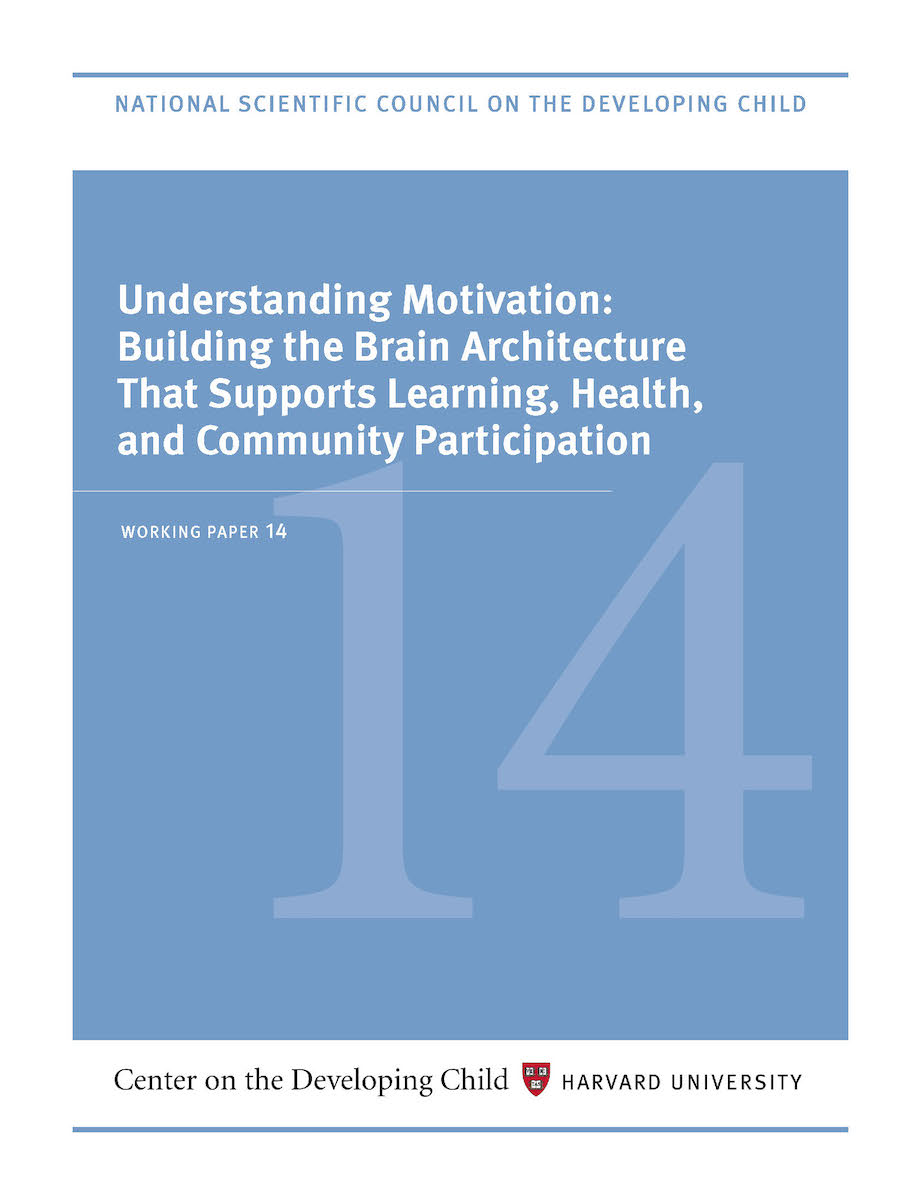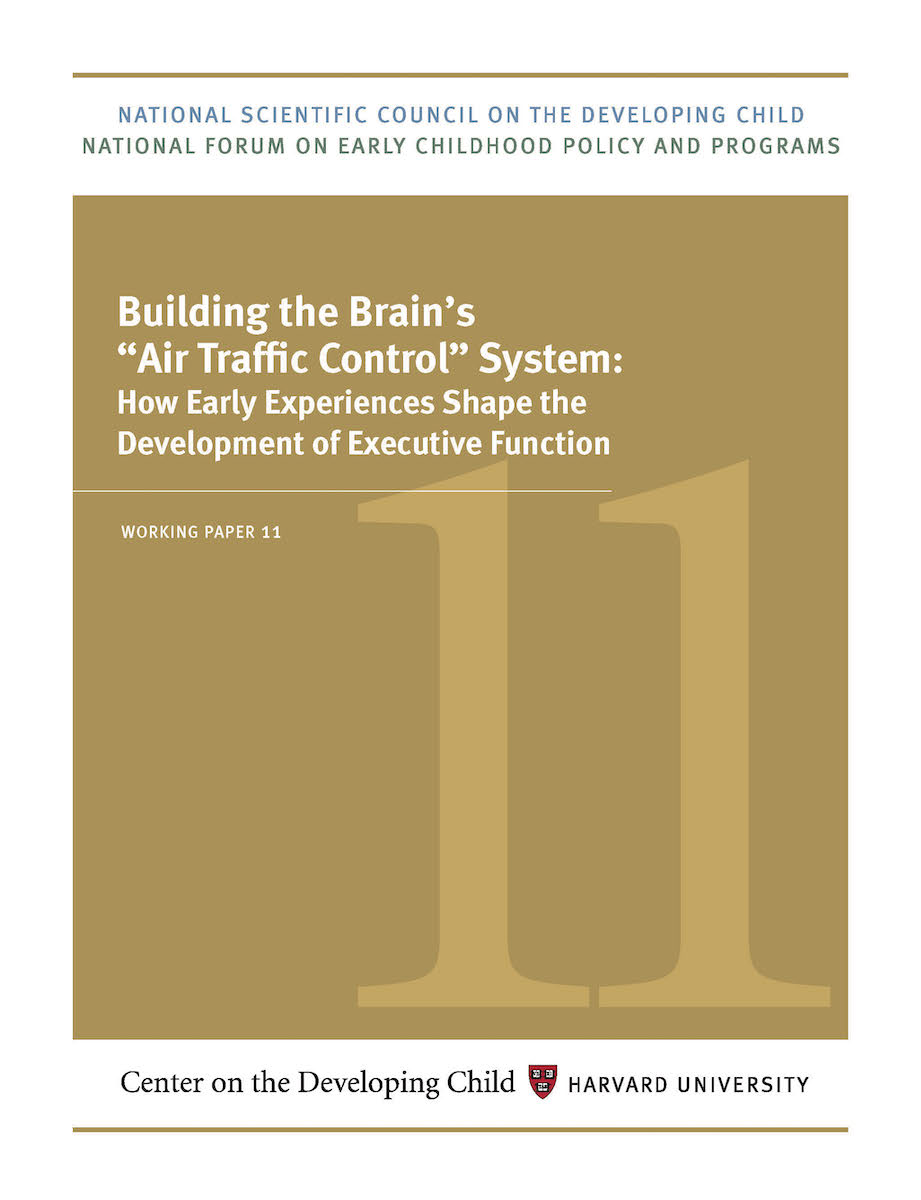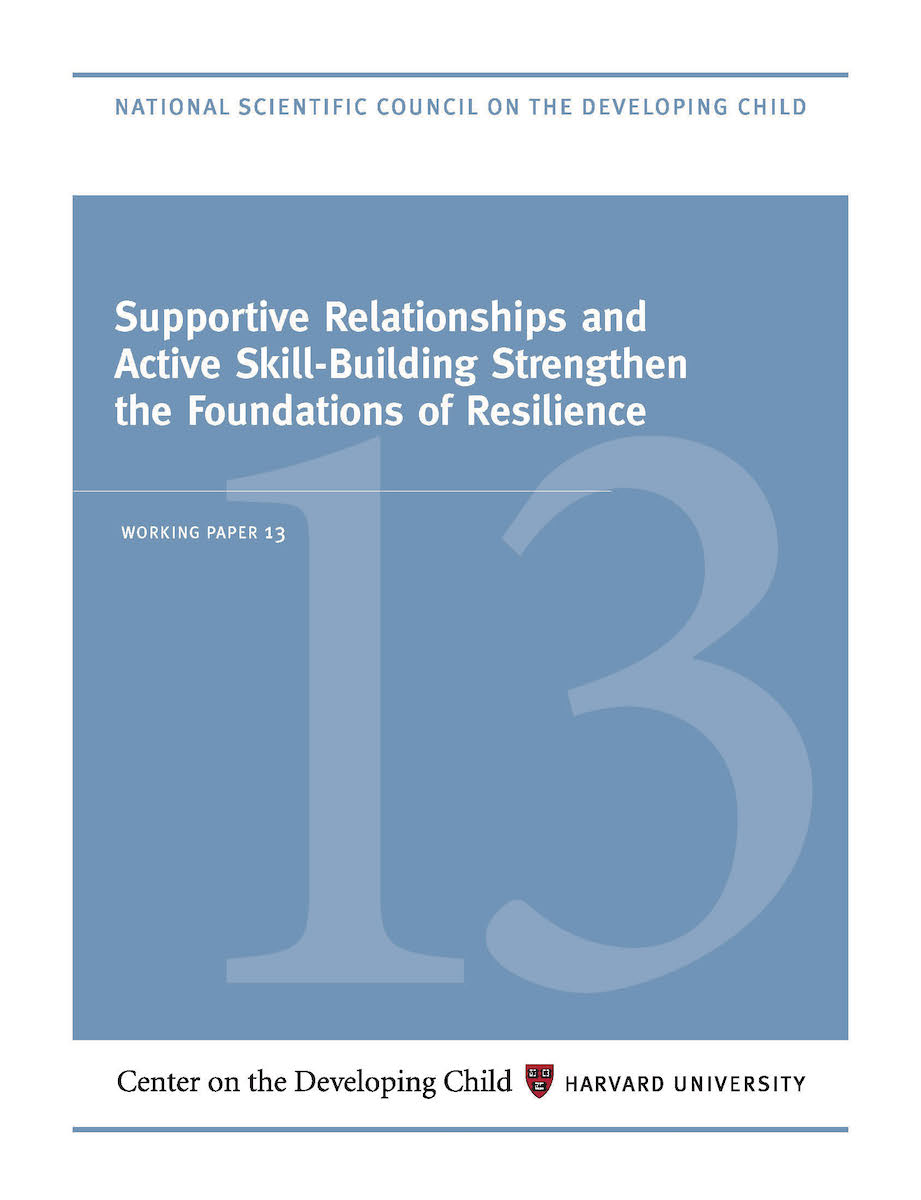Resource Library
Filter by Audience
Filter by Topic
Filter by Media
28 items
Handout
Caregiver Handouts: Games and Activities that Build Brains and Executive Function Skills
Here you’ll find handouts with suggestions for games and activities to do with children of different ages. They can be shared at well child visits or when caregivers are looking for support with behavior. These activities can promote child-caregiver bonding, executive function skills, and build children’s brains through play.





Handout
Early Brain and Child Development 101: Why Peekaboo Matters
For Medical Students and Residents In medical school, we learn the science behind health and disease. How do nephrons filter blood that runs through the network of capillaries in the glomerulus, and what disease occurs when that process goes awry? How do myocytes conduct electricity, and how do aberrations in…

Handout
Executive Function: Information for Providers
This handout helps explain what executive function skills are, why they are important and how supporting their development can promote healthy child and adolescent development.

Handout
How to Help Families and Staff Build Resilience During the Covid-19 Outbreak
What can we do to build up and strengthen resilience during the COVID-19 outbreak? How can we build resilience to plan ahead for future times of crisis? This resource, with practical tips and suggestions for providers looking to support caregivers and each other, presents three science-based ways that we can…

Third Party Link
How to Motivate Children: Science-Based Approaches for Parents, Caregivers, and Teachers
How to Motivate Children: Science-Based Approaches for Parents, Caregivers, and Teachers…

Brief
InBrief: The Foundations of Lifelong Health
This brief summarizes essential scientific findings from the Center publications, “The Foundations of Lifelong Health Are Built in Early Childhood”.







Working Paper
Understanding Motivation: Building the Brain Architecture That Supports Learning, Health, and Community Participation


Working Paper
Building the Brain’s “Air Traffic Control” System: How Early Experiences Shape the Development of Executive Function


Third Party Link
Genes, Environments, and Time: The Biology of Adversity and Resilience
This February 2021 article by Tom Boyce, Pat Levitt, Fernando Martinez, Bruce McEwen and Jack Shonkoff article in the journal Pediatrics is one of two companion pieces. The article uses a gene-environment-time framework to look at the roles of genetic variation, environmental context, and developmental timing as they relate to…

Third Party Link
Leveraging the Biology of Adversity and Resilience to Transform Pediatric Practice
This February 2021 article by Jack P. Shonkoff, Thomas Boyce, Pat Levitt, Fernando D. Martinez and Bruce McEwen is one of two companion pieces in the journal Pediatrics. The article highlights how the different outcomes experienced by children are shaped by ongoing adaptations to context that begin very early and…

Working Paper
Supportive Relationships and Active Skill-Building Strengthen the Foundations of Resilience
This working paper from the National Scientific Council on the Developing Child explains how supportive relationships with adults help children develop resilience, or the set of skills needed to respond to adversity and thrive.

Third Party Link
Building Babies’ Brains Through Play: Mini Parenting Master Class
Building Babies’ Brains Through Play: Mini Parenting Master Class…




